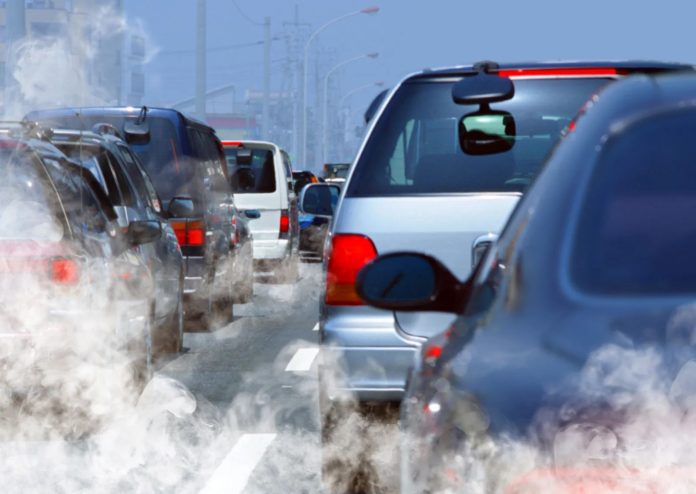Air pollution has become a major concern in cities around the world, and Nigeria is no exception.
The rapid urbanization, industrial growth, and increasing vehicle emissions have led to a significant deterioration in air quality, particularly in major cities like Lagos, Kano, and Port Harcourt.
This has resulted in numerous health problems for city residents, ranging from respiratory issues to cardiovascular diseases and even cancer.
The facts
In Lagos, the most populous city in Nigeria, air pollution levels often exceed the World Health Organization’s (WHO) guidelines. While the WHO guideline for the annual mean PM 2.5 concentration level is 10 μg/m3, Lagos has recorded levels of 68 μg/m3, which is similar to other polluted megacities like Beijing, Cairo, and Mumbai.
A study conducted by the Lagos Metropolitan Area Transport Authority (LAMATA) in 2017 revealed that the city’s air contains high levels of particulate matter (PM), sulfur dioxide, and nitrogen oxides, which are known to cause respiratory problems, asthma, and other health issues – and it is still on the rise.
A report by the WHO estimates that air pollution causes around 114,000 premature deaths in Nigeria annually
The problem
The health impact of air pollution in Nigerian cities is significant. A report by the WHO estimates that air pollution causes around 114,000 premature deaths in Nigeria annually (WHO, 2018). Children, the elderly, and those with pre-existing health conditions are particularly vulnerable to the effects of air pollution.
According to research conducted in Port-Harcourt by Engr. Angela Nkechi Nwachukwu, PhD, a senior lecturer from the Federal University of Technology (FUTO) in 2017, exposure to polluted air can lead to acute respiratory infections, asthma, chronic obstructive pulmonary disease (COPD), and lung cancer.
Furthermore, A. Aliyu, Department of Community Medicine, Ahmadu Bello University, Zaria, Kaduna State, in his research, stated that air pollution has been linked to an increased risk of heart disease, stroke, and other cardiovascular problems.
exposure to polluted air can lead to acute respiratory infections, asthma, chronic obstructive pulmonary disease, and lung cancer
The solution
To mitigate the effects of air pollution on health, individuals can take several steps to protect themselves and their families.
• One of the most effective ways to reduce exposure to air pollution is to limit outdoor activities during peak pollution hours, typically during rush hour traffic and in the early afternoon as stated by Engr. Dr. Angela Nkechi Nwachukwu in her research.
 When outdoors, individuals can wear masks to filter out harmful particles and pollutants. It is also essential to keep windows and doors closed during high pollution days and to use air purifiers indoors to improve air quality.
When outdoors, individuals can wear masks to filter out harmful particles and pollutants. It is also essential to keep windows and doors closed during high pollution days and to use air purifiers indoors to improve air quality.
• Another way to mitigate the effects of air pollution is to make lifestyle changes that reduce one’s contribution to the problem. This can include carpooling, using public transportation, or walking and cycling instead of driving whenever possible.
• Additionally, conserving energy at home and the workplace by turning off lights and electronic devices when not in use can help reduce the demand for power from polluting sources.
• Lastly, individuals can support policies and initiatives aimed at reducing air pollution in their cities. This can involve advocating for stricter regulations on industrial emissions, supporting the development of green spaces and tree planting campaigns like we have in cities like Calabar, and encouraging the use of clean energy sources.

By raising awareness about the health effects of air pollution and taking action to reduce exposure and contribute to solutions, individuals can play a crucial role in mitigating the impact of air pollution on health in Nigerian cities.
In conclusion, air pollution poses a significant threat to the health of city residents in Nigeria, particularly in major cities like Lagos, Kano, and Port Harcourt.
While government action is necessary to address the root causes of air pollution, individuals can take steps to protect themselves and their families by limiting outdoor activities during peak pollution hours, wearing masks, using air purifiers, making lifestyle changes, and supporting policies aimed at reducing air pollution.
By working together to mitigate the effects of air pollution, we can create healthier, more livable cities for all.


